Conclavoscope - Cardinal Oscar Cantoni
Cardinal Profile and Assessment
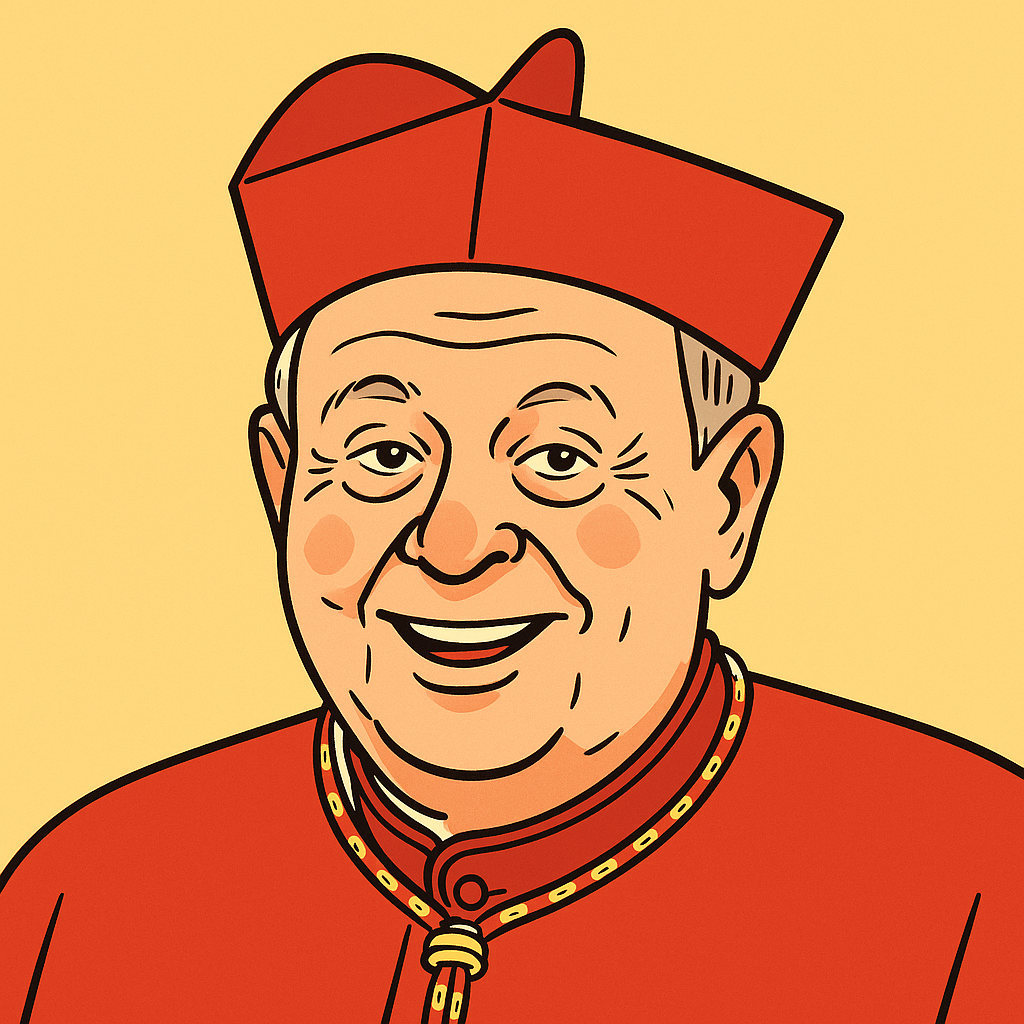
Italian cardinal, Bishop of Como, known for his balanced pastoral approach and his work for the reception of migrants at the Swiss border, combining doctrinal fidelity and social commitment.
| Criterion | Tendency |
|---|---|
| Moral doctrine | Moderately conservative |
| Liturgy | Centrist |
| Sociopolitical | Progressive |
| Relationship with Pope Francis | Centrist |
| Dialogue | Progressive |
| Communication | Progressive |
| Overall tendency | Moderately progressive |
Cardinal Cantoni has not publicly articulated specific positions on moral doctrines such as sexuality, abortion, or homosexuality. However, his motto, 'Make Christ the heart of the world,' and his emphasis on spiritual formation suggest a commitment to traditional Catholic teachings. His involvement in promoting vocations and spiritual direction indicates a focus on upholding established moral doctrines.
Cardinal Cantoni has demonstrated a balanced approach to liturgy and tradition. While there is no specific information about his stance on the Tridentine Mass, his leadership in diocesan missions and spiritual exercises reflects a respect for traditional liturgical practices within the framework of the post-Vatican II Church.
Cardinal Cantoni is actively engaged in social justice initiatives, focusing on Catholic education, charitable outreach, and support for the marginalized. His pastoral work emphasizes the Church's role in addressing societal issues and promoting social cohesion.
Cardinal Cantoni is closely aligned with Pope Francis, as evidenced by his appointment to the Dicastery for Bishops and his elevation to the cardinalate. His pastoral priorities resonate with the Pope's emphasis on humility, service, and outreach to the peripheries.
While specific initiatives are not detailed, Cardinal Cantoni's participation in interfaith events and his emphasis on peace and unity suggest an openness to interreligious dialogue and collaboration.
Cardinal Cantoni is known for his effective communication skills, particularly in engaging with youth and promoting vocations. His pastoral approach emphasizes listening, spiritual guidance, and fostering a sense of community within the Church.
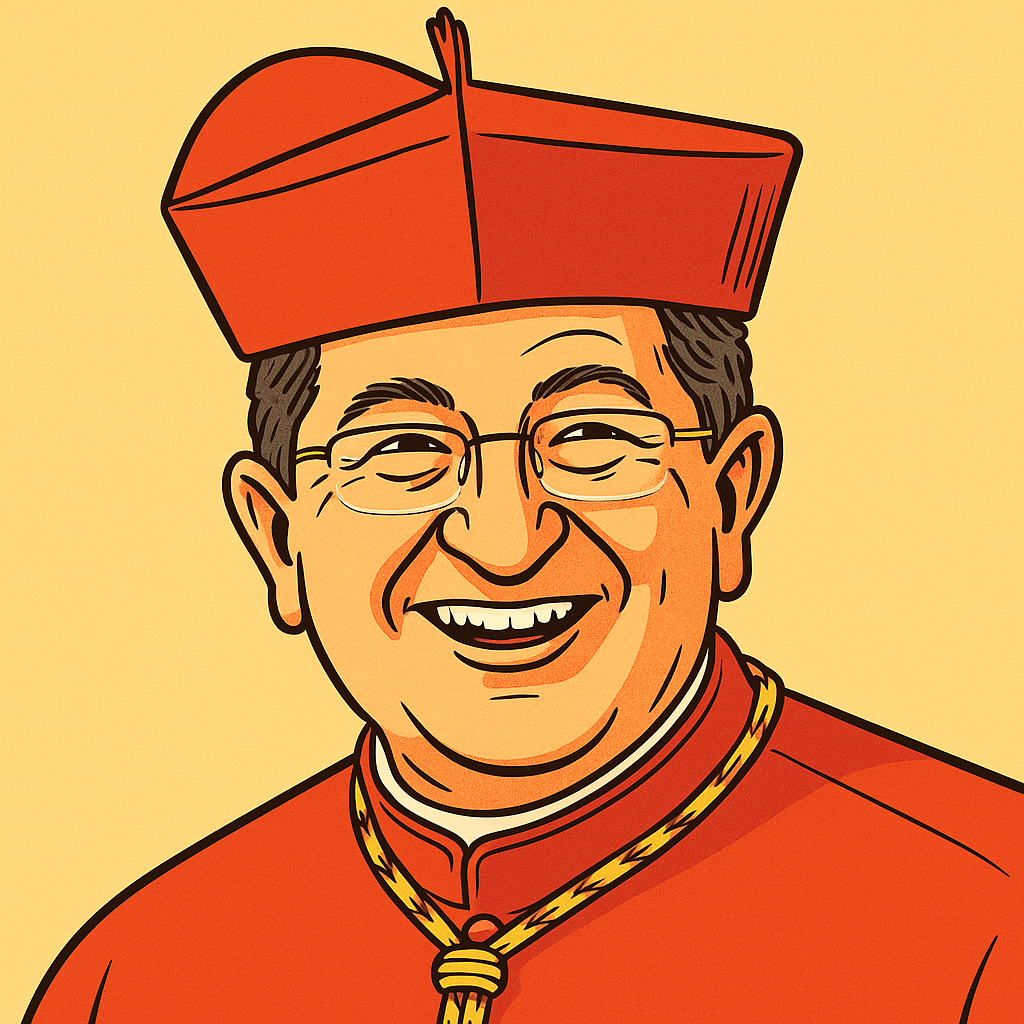
Italian cardinal, Archbishop of Florence, known for his conservative doctrinal positions and intellectual work, while remaining engaged in pastoral dialogue.
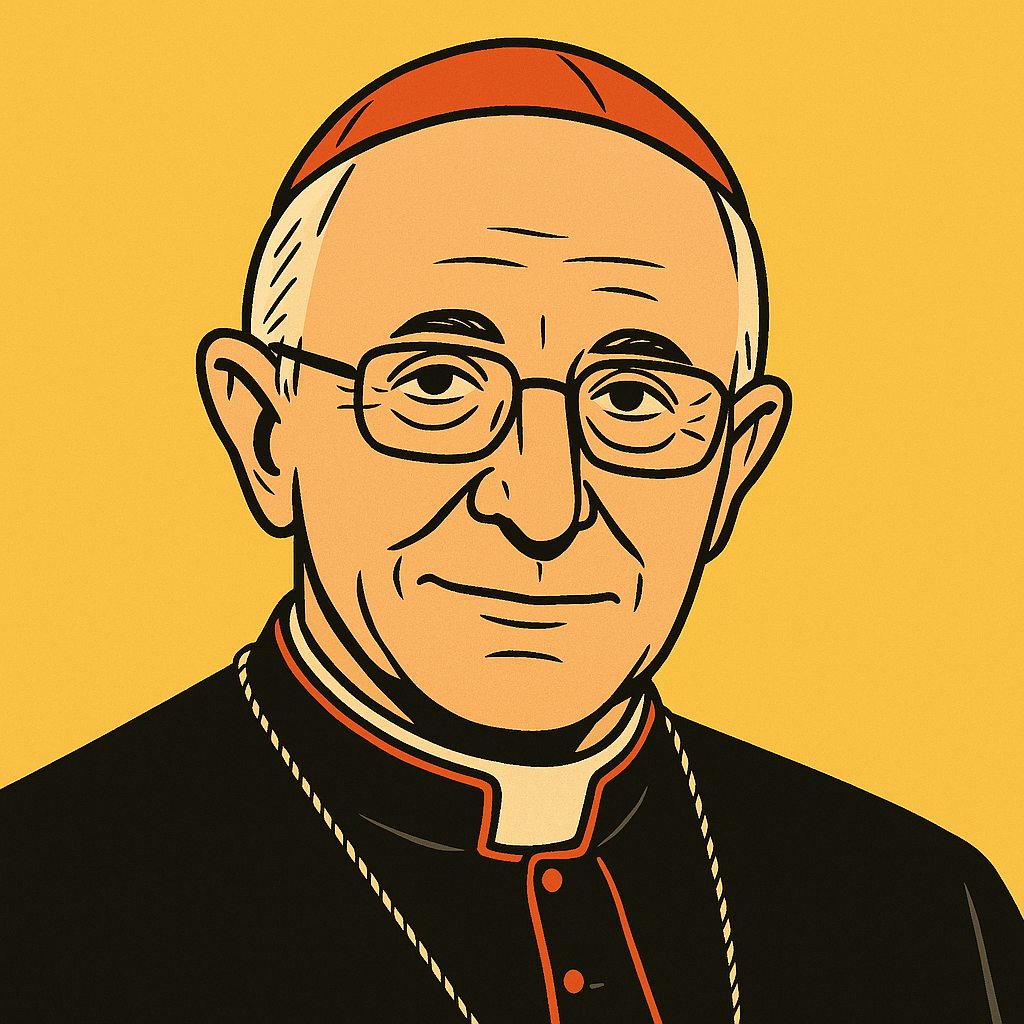
Italian cardinal, Grand Master of the Order of the Holy Sepulchre, former prefect of the Congregation for the Evangelization of Peoples, known for his missionary and diplomatic experience.
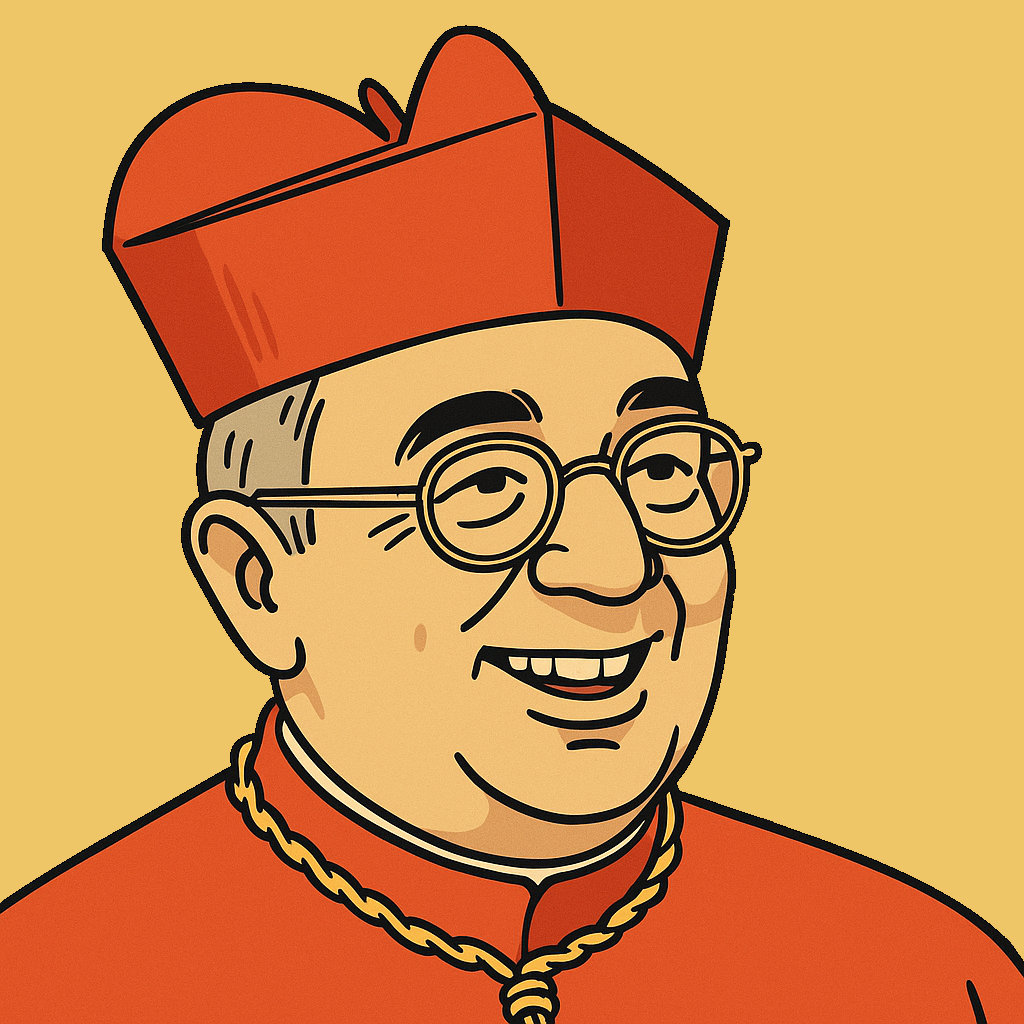
Italian cardinal, former vicar general of the pope for the diocese of Rome, known for his balance between liturgical tradition and moderate pastoral openness.
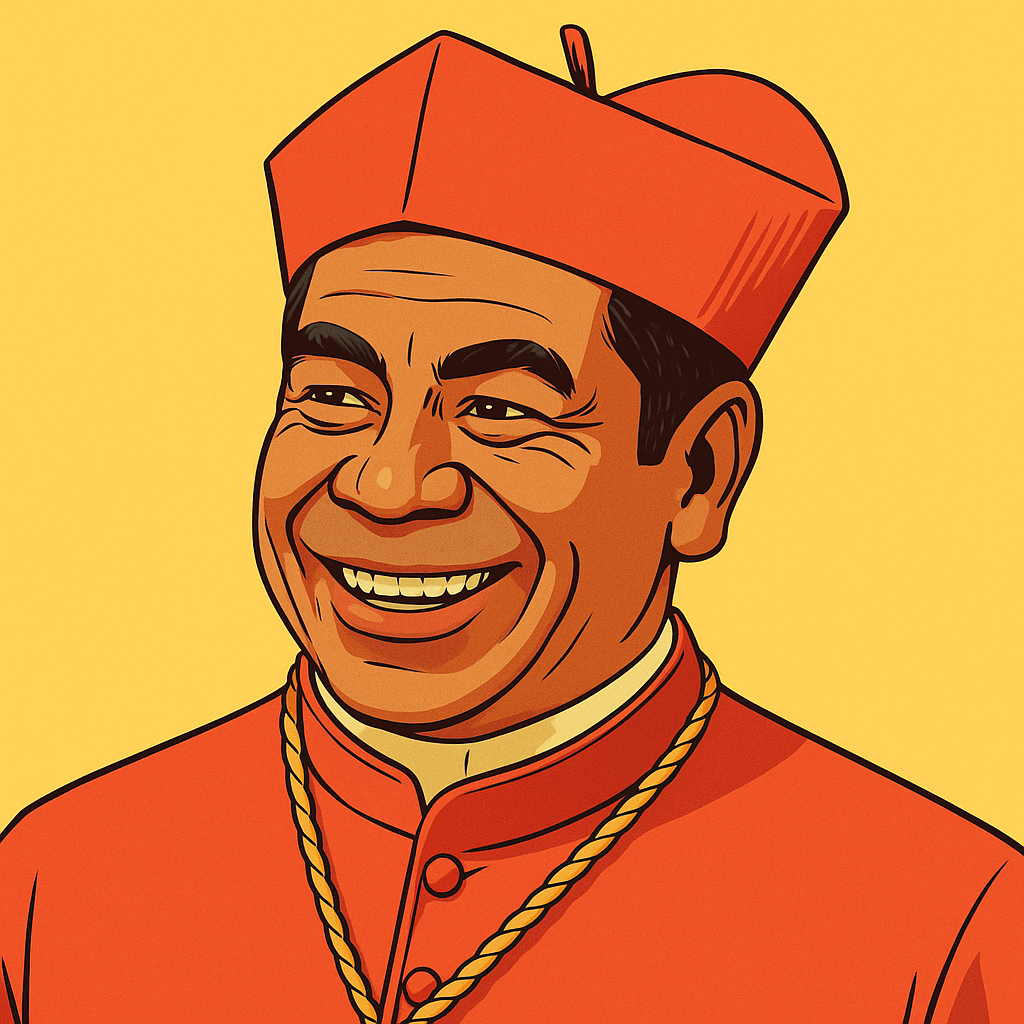
East Timor
East Timorese cardinal, Archbishop of Dili, first cardinal from his country, known for his leadership in post-independence reconstruction and his commitment to peace and national reconciliation.
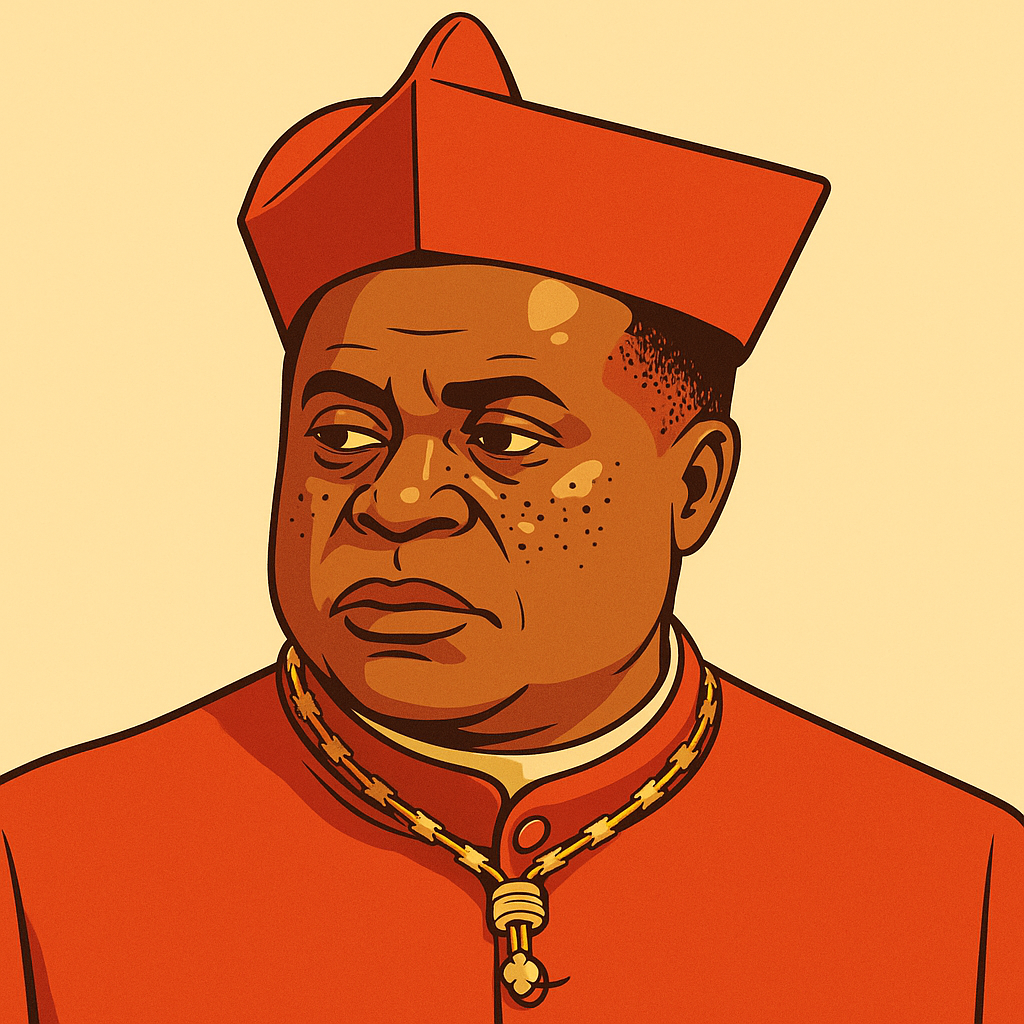
Nigeria
Nigerian cardinal, Bishop of Ekwulobia, known for his perseverance in the face of difficulties (having been rejected by his previous diocese) and his pastoral leadership in a context of ethnic tensions.
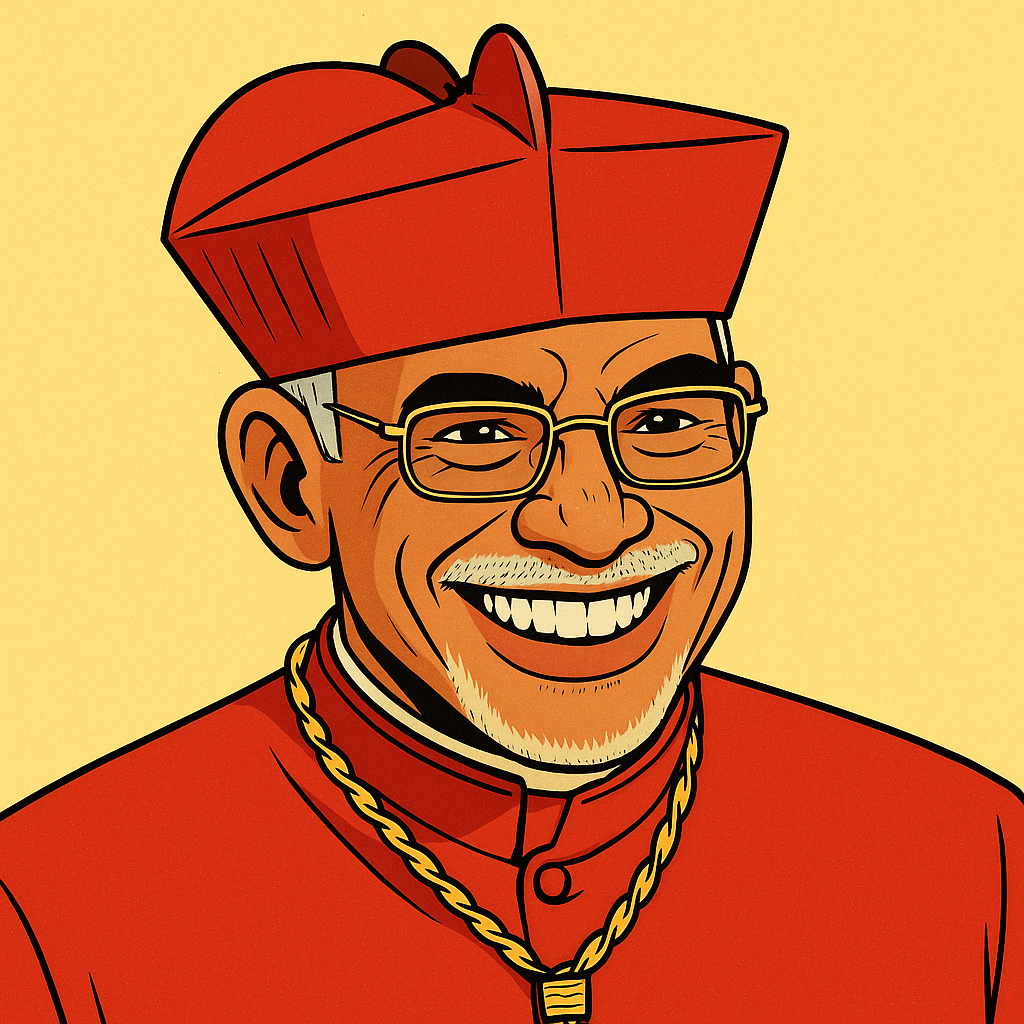
India
Indian cardinal, Archbishop of Goa, known for his pastoral approach and maintenance of traditions in a multicultural context.
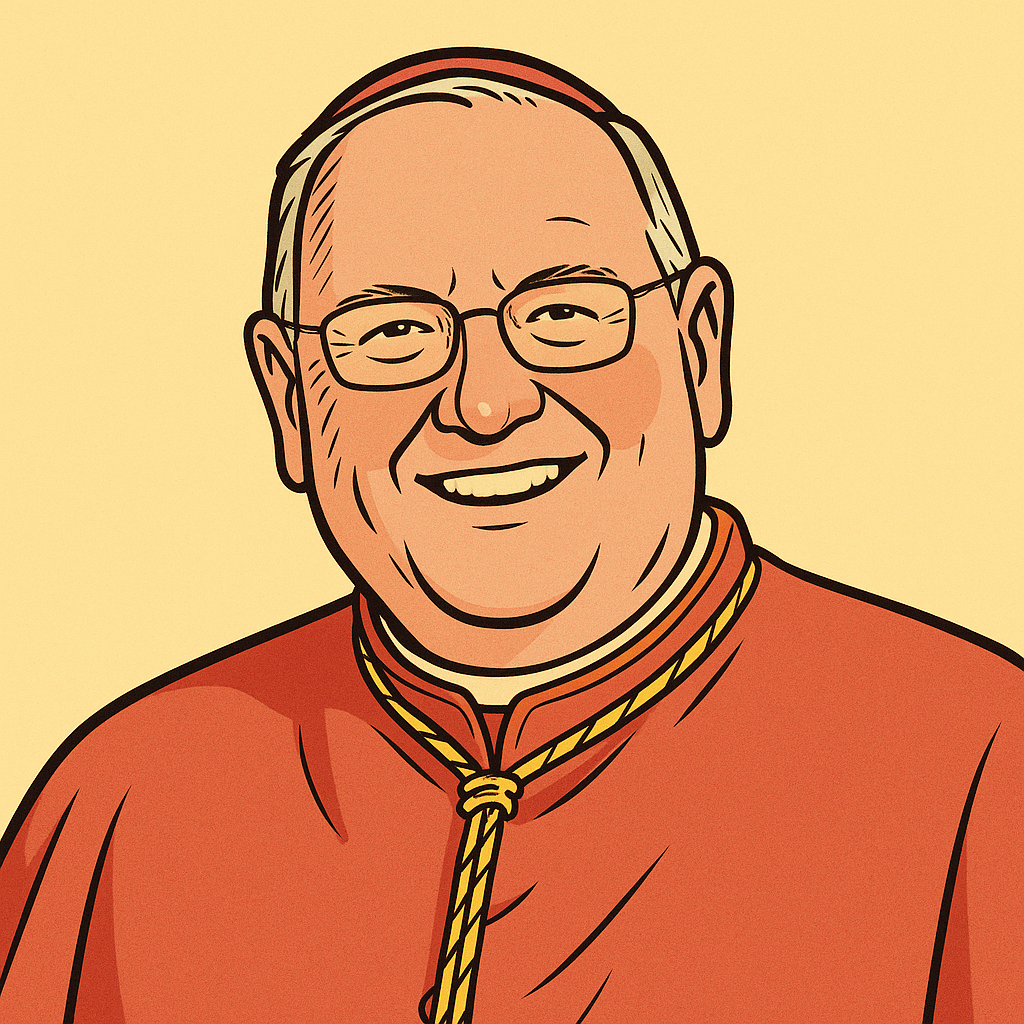
United States
age: 75
American cardinal, Archbishop of New York, known for his media charisma and balanced leadership, combining social commitment and defense of Catholic tradition and moral values.
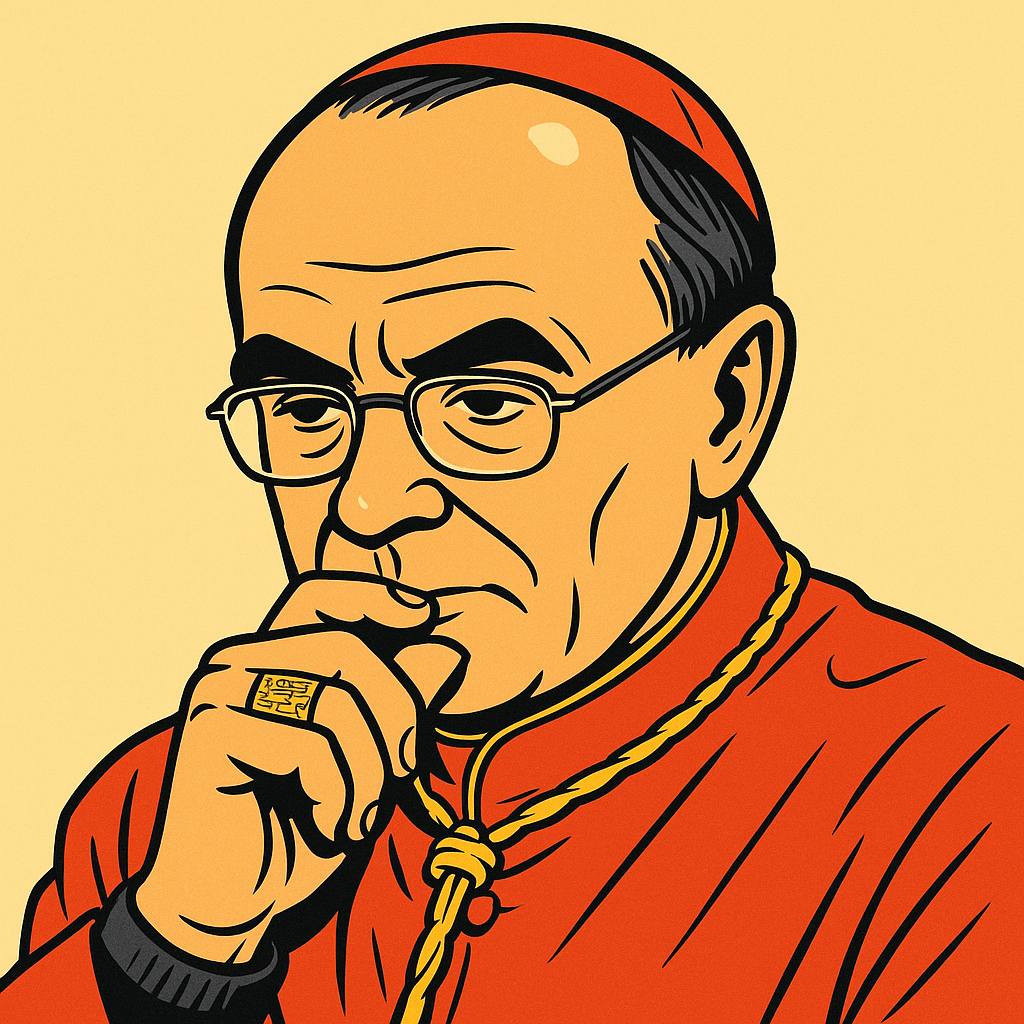
France
age: 75
French cardinal, Archbishop Emeritus of Lyon, known for his missionary dynamism but whose career has been marked by controversy over the handling of sexual abuse in his diocese.
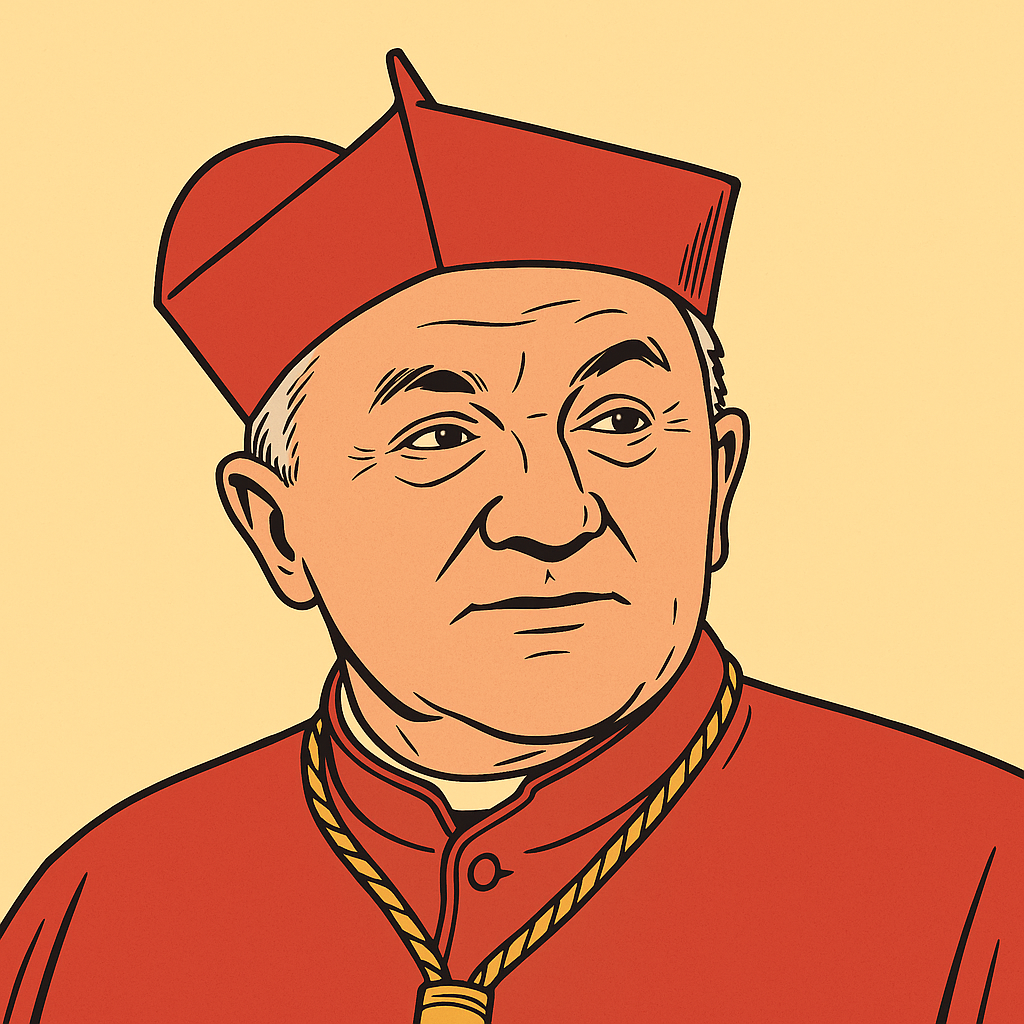
Poland
age: 75
Polish cardinal, Archbishop of Warsaw, known for his balanced pastoral approach, combining Polish Catholic tradition with openness to dialogue in an evolving society.

Italy
Italian cardinal, former vicar general of the pope for the diocese of Rome, known for his balance between liturgical tradition and moderate pastoral openness.
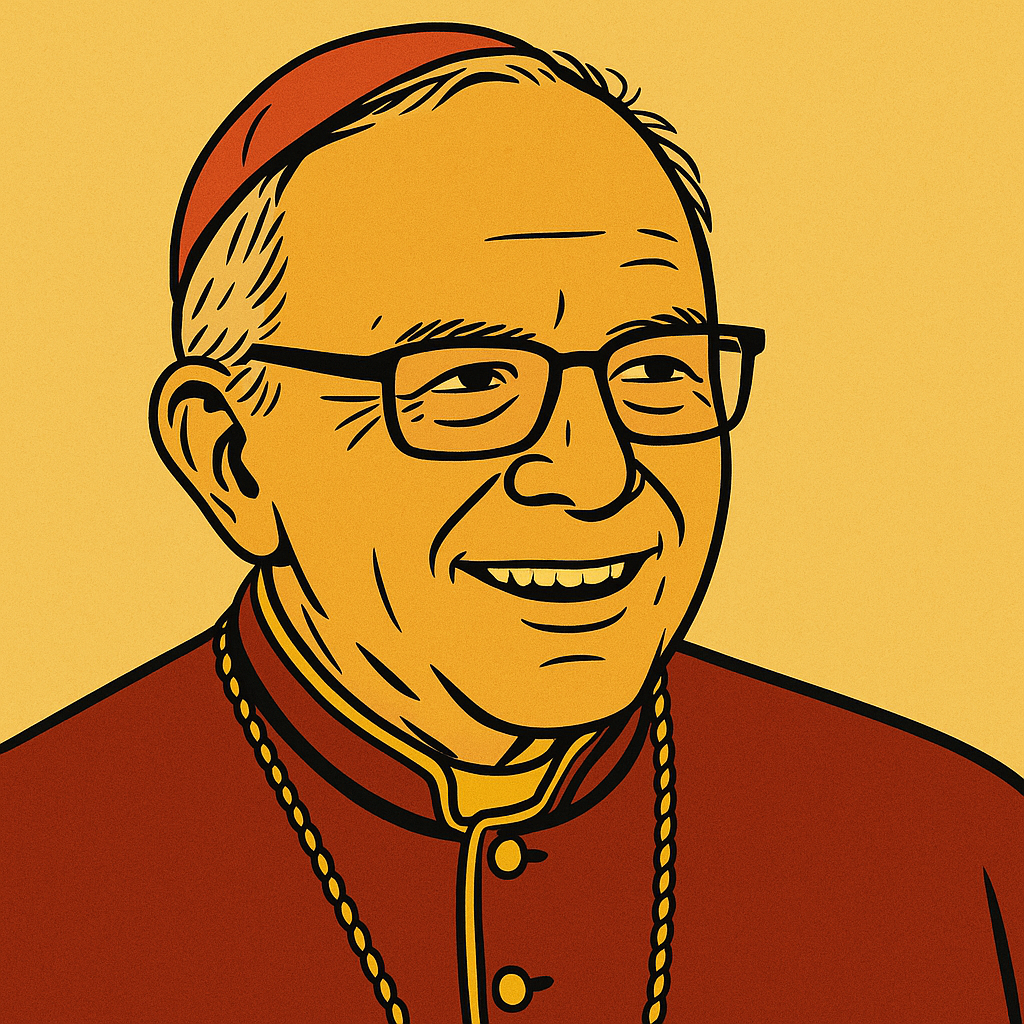
Portugal
Portuguese cardinal, Patriarch Emeritus of Lisbon, known for his balanced leadership and pastoral vision that respects tradition while dialoguing with contemporary society.
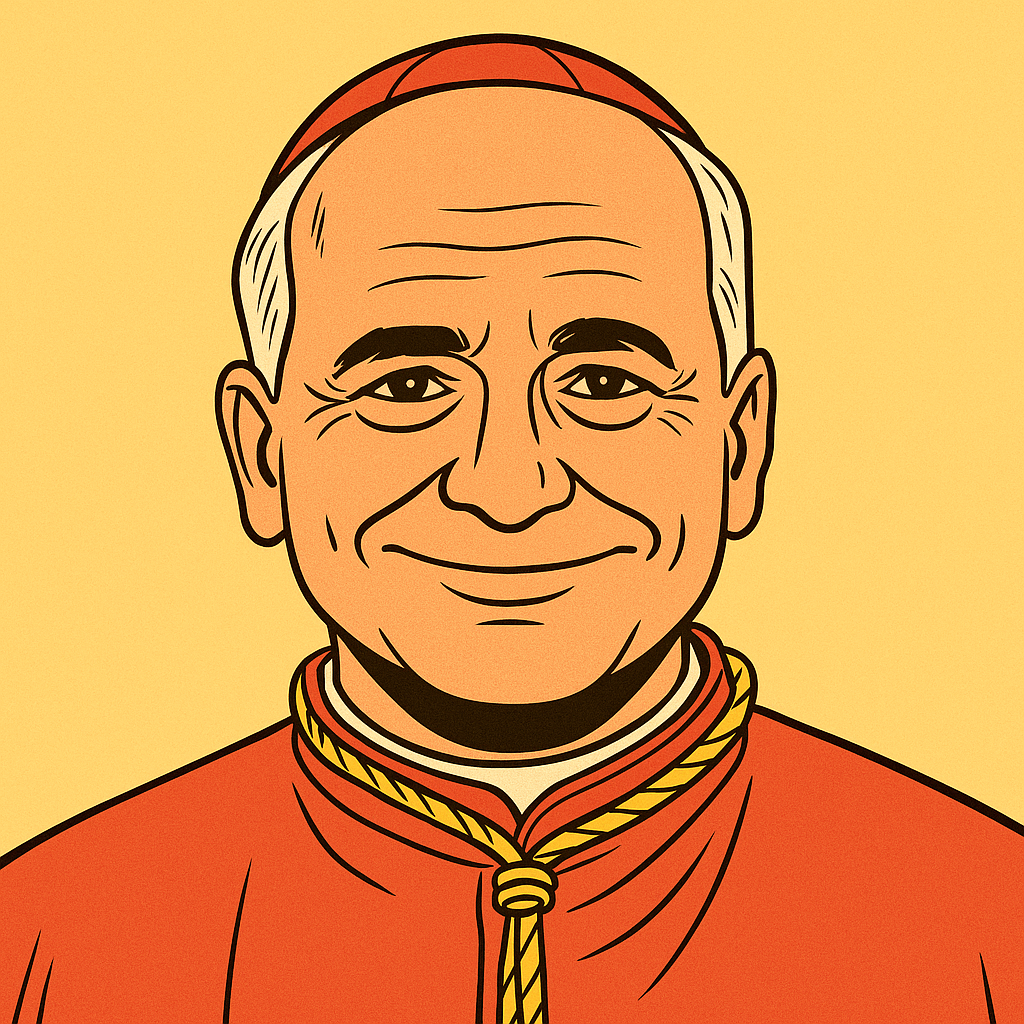
United States
American cardinal, Prefect of the Dicastery for Bishops, Augustinian, known for his missionary experience in Latin America and his balanced approach between tradition and openness.
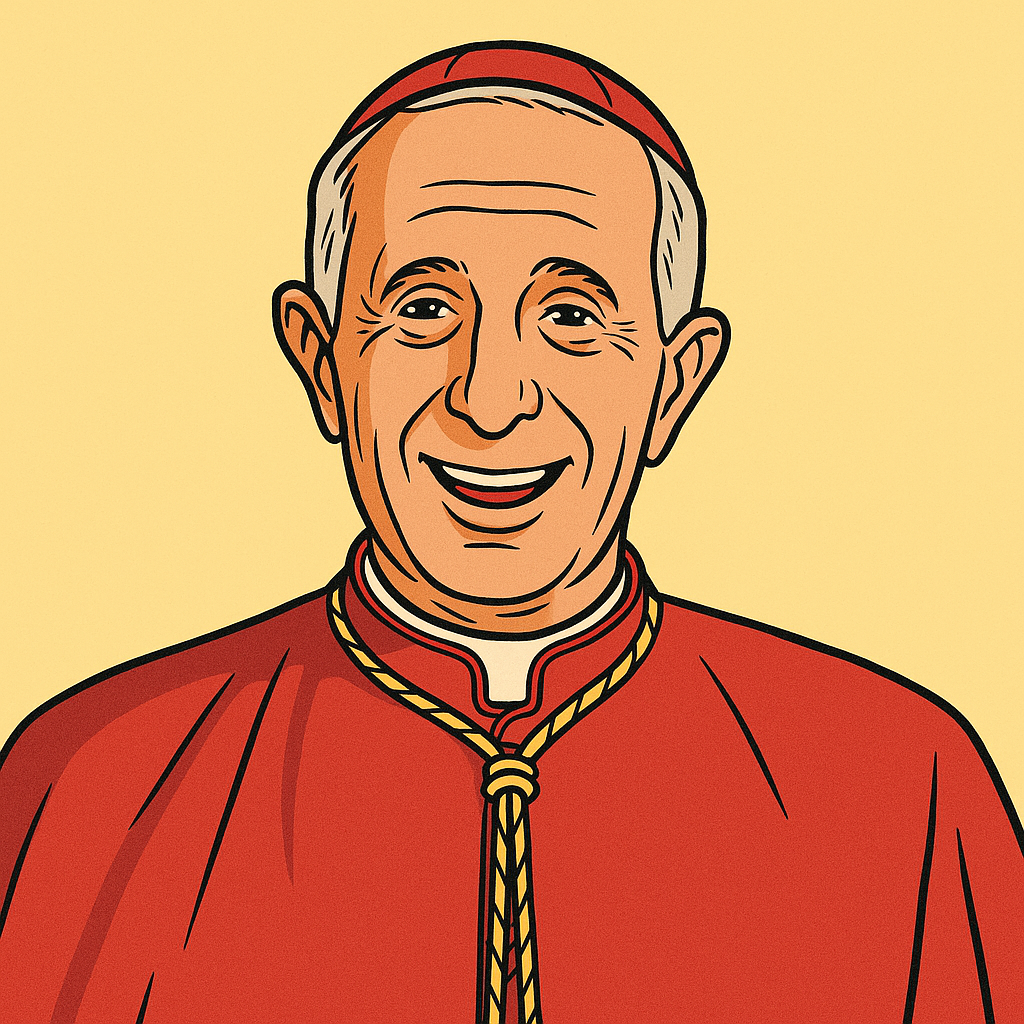
Argentina
Argentine cardinal, Archbishop Emeritus of Buenos Aires, successor of Pope Francis in this diocese, known for his discreet profile and balanced administration between tradition and renewal.

Switzerland
Swiss cardinal, president of the Dicastery for Promoting Christian Unity, known for his theological expertise and ecumenical commitment, with a moderately conservative doctrinal position.

Portugal
Portuguese cardinal, Patriarch Emeritus of Lisbon, known for his balanced leadership and pastoral vision that respects tradition while dialoguing with contemporary society.
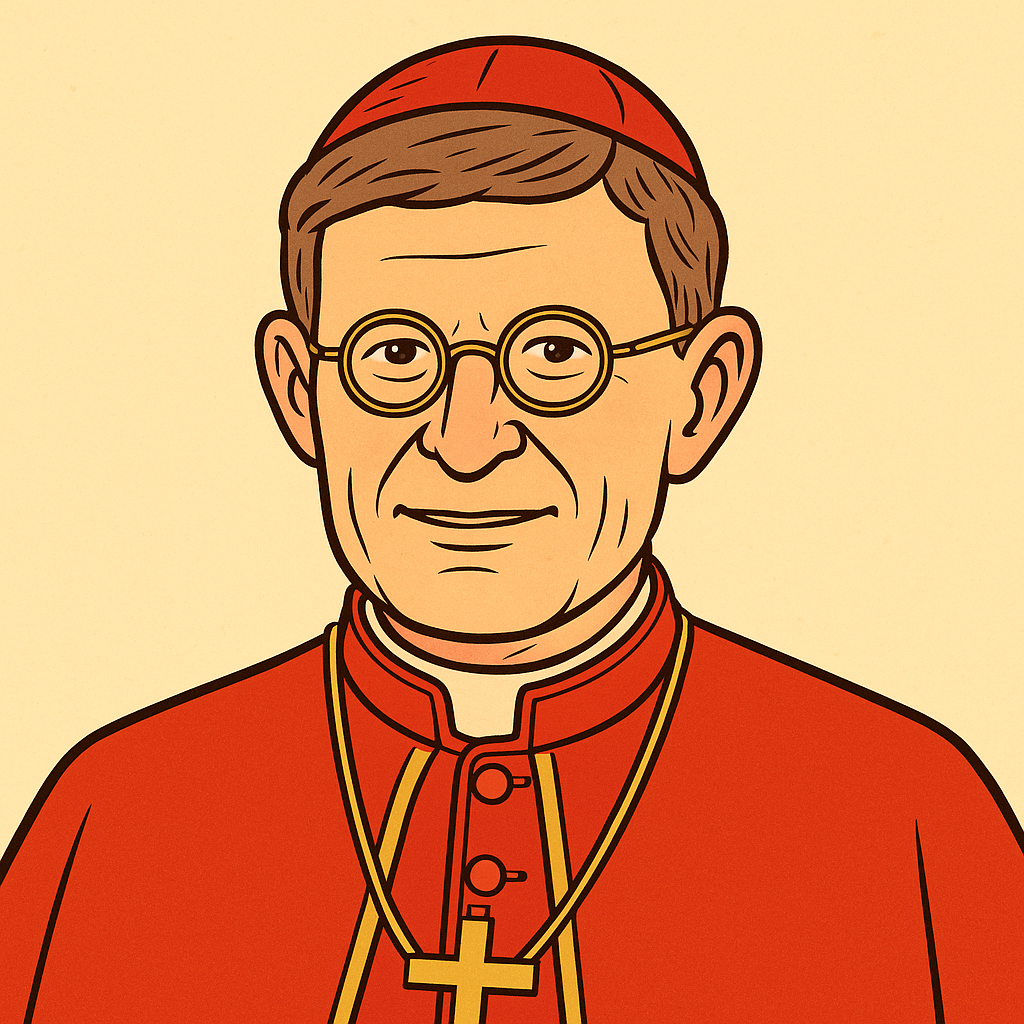
Germany
German cardinal, Archbishop of Cologne, known for his conservative positions and controversial leadership, particularly in handling sexual abuse and his opposition to certain reforms.
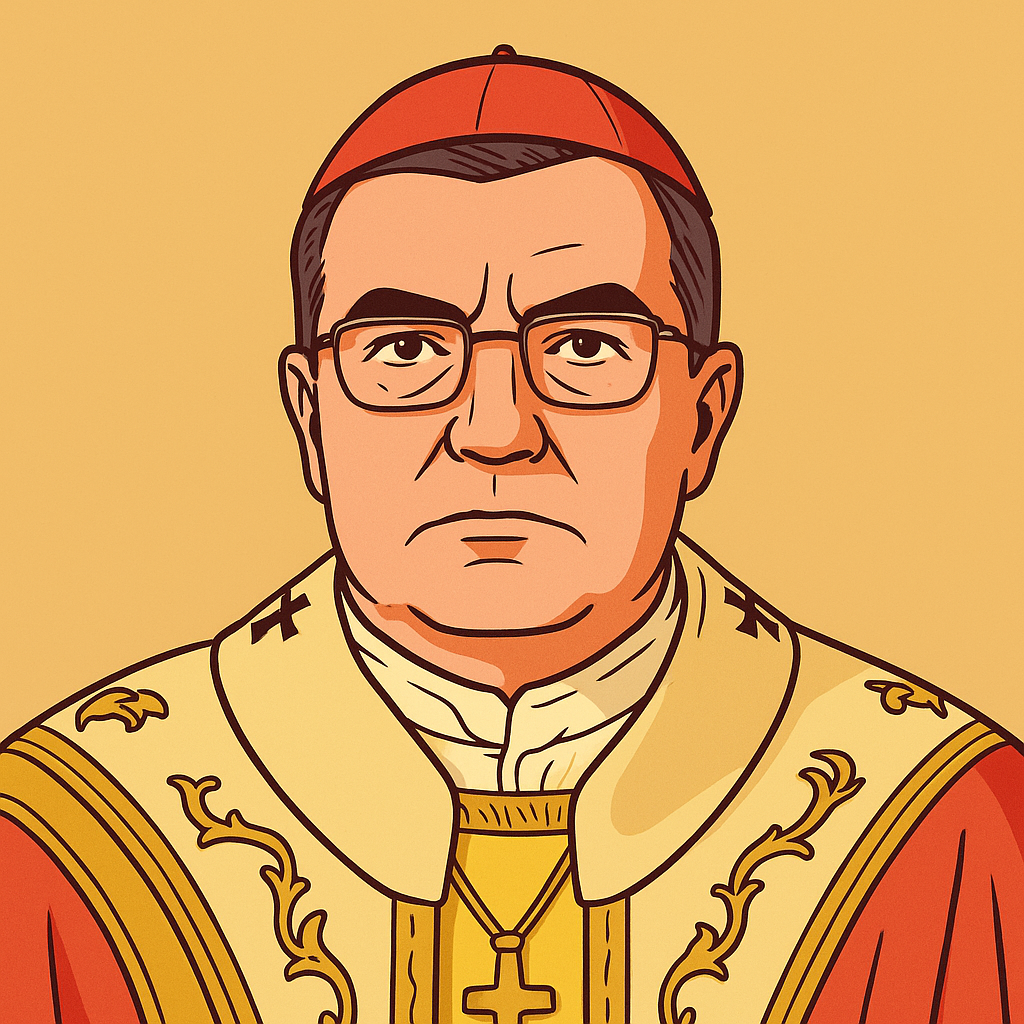
Croatia
Croatian cardinal, Archbishop of Zagreb, known for his conservative positions on moral issues and his commitment to traditional values in a post-communist context.
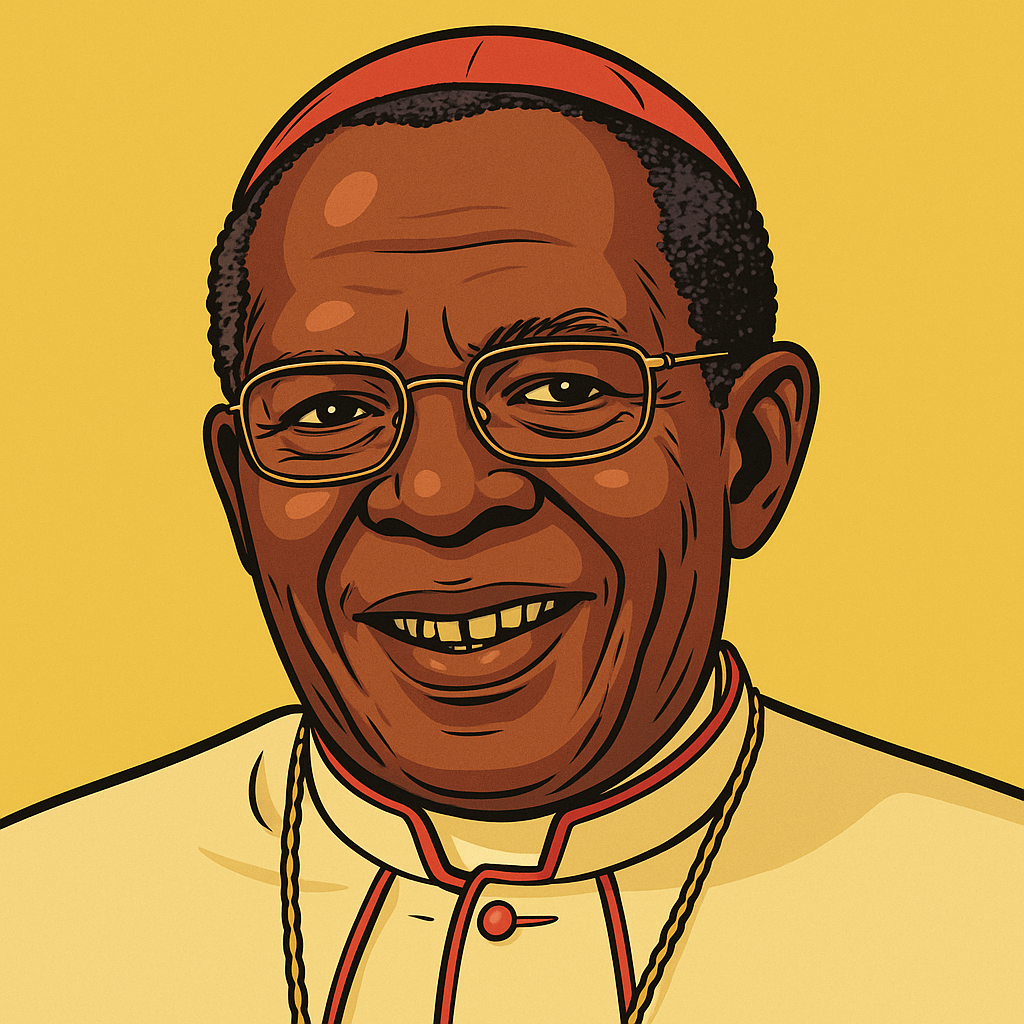
Kenya
Kenyan cardinal, Archbishop Emeritus of Nairobi, known for his conservative positions on moral issues and his leadership in the growing African Church.
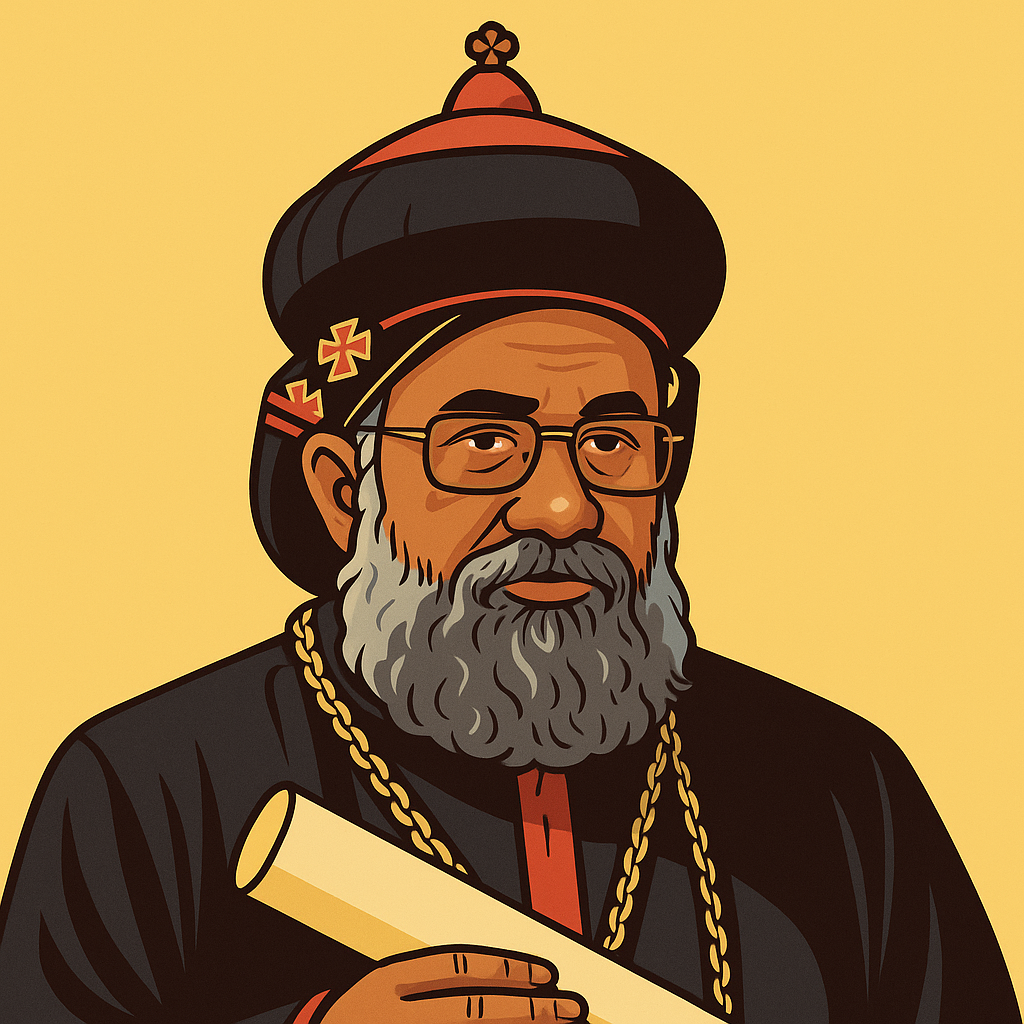
India
Indian cardinal of Syro-Malankara rite, known for his attachment to the Eastern traditions of the Church and his defense of traditional moral doctrine.
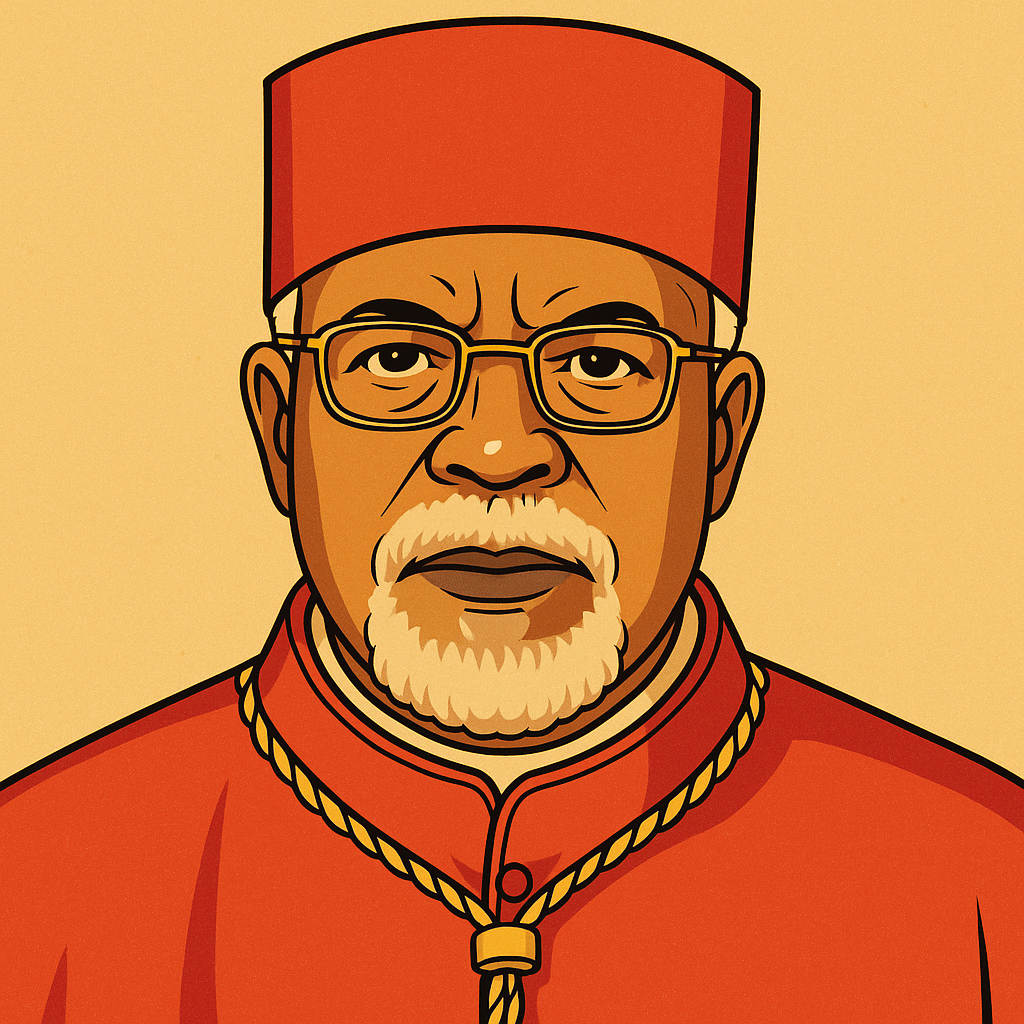
Ethiopia
Ethiopian cardinal of Eastern rite, known for his defense of traditional Church values and his pastoral work in a context of religious tensions.
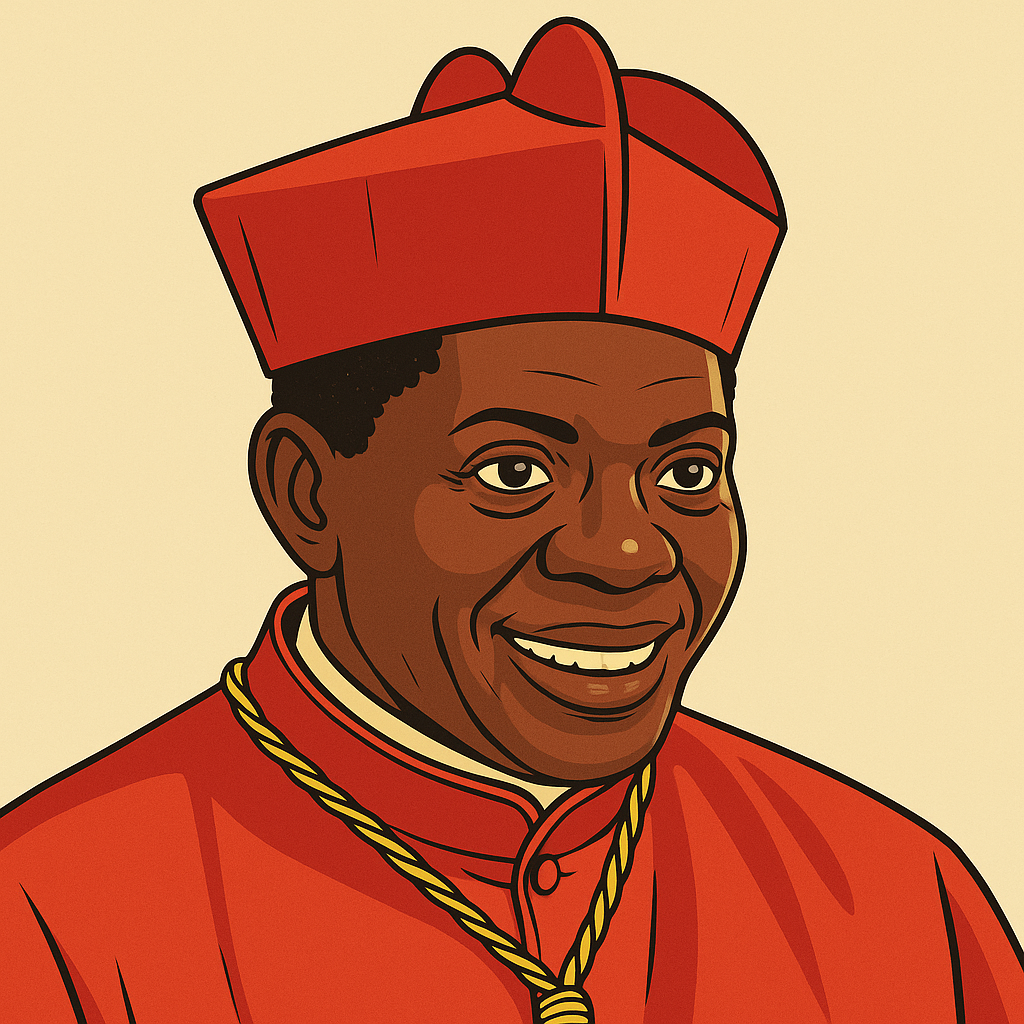
Tanzania
Tanzanian cardinal, Secretary of the Dicastery for Evangelization, known for his missionary expertise and balanced pastoral vision, combining doctrinal fidelity and cultural adaptation.

Croatia
Croatian cardinal, Archbishop of Zagreb, known for his conservative positions on moral issues and his commitment to traditional values in a post-communist context.
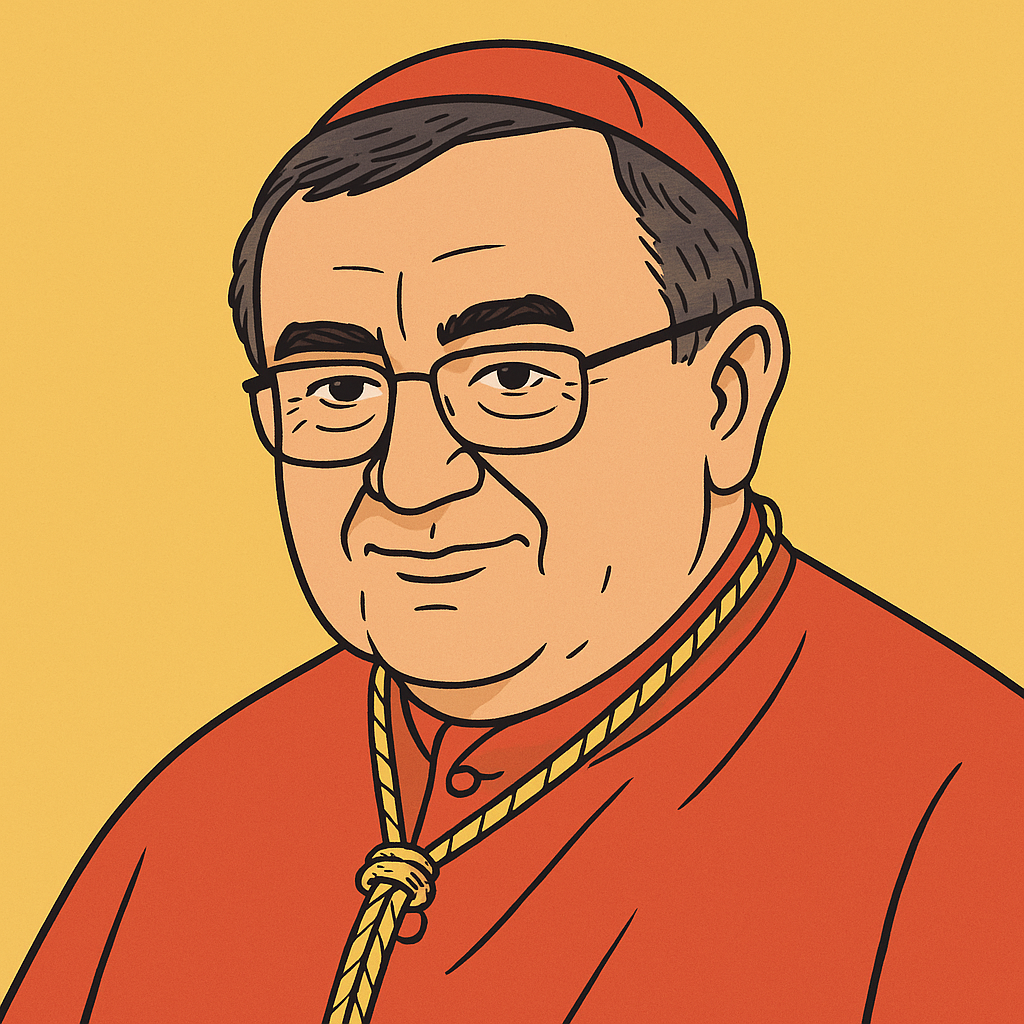
Bosnia and Herzegovina
Bosnian cardinal, Archbishop Emeritus of Sarajevo, known for his leadership during and after the Balkan War, his work for reconciliation and his defense of Catholic rights in the region.

Tanzania
Tanzanian cardinal, Secretary of the Dicastery for Evangelization, known for his missionary expertise and balanced pastoral vision, combining doctrinal fidelity and cultural adaptation.
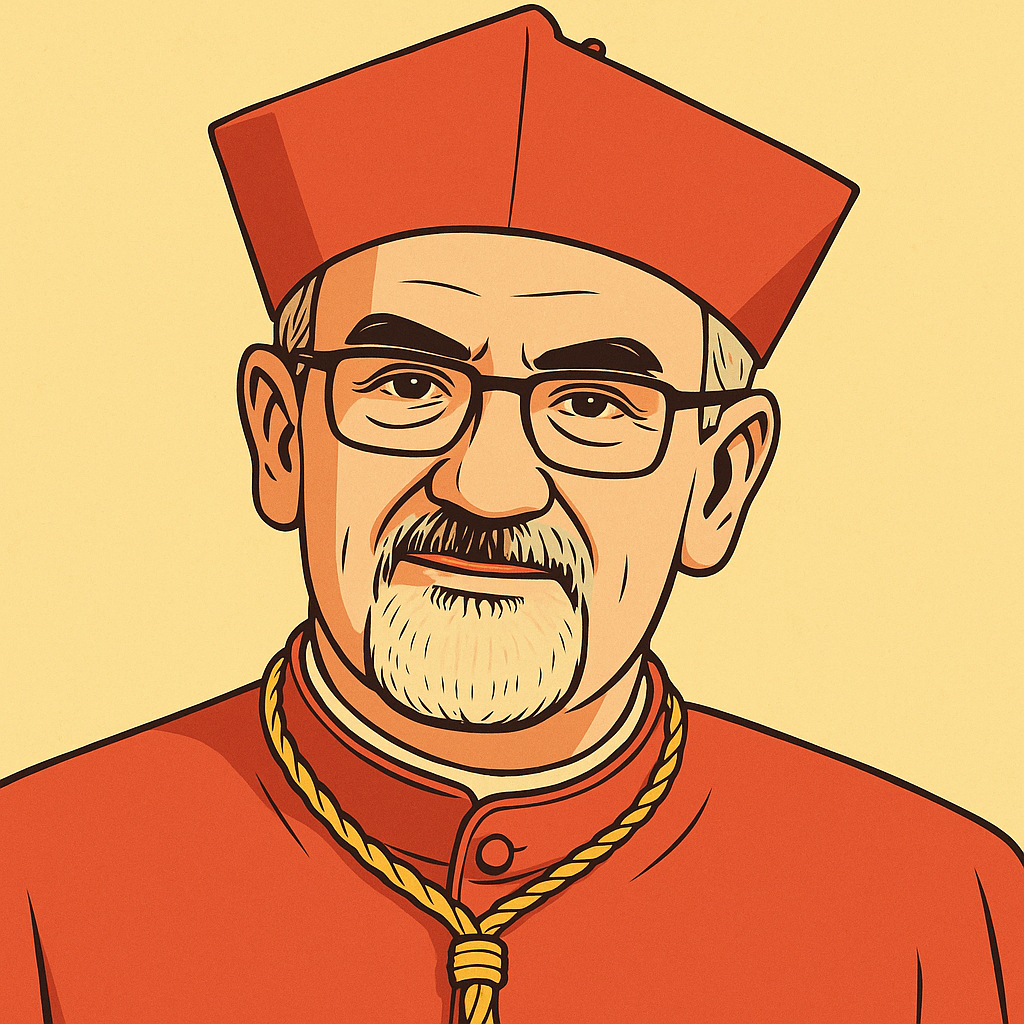
Israel
Italian cardinal, Latin Patriarch of Jerusalem, Franciscan, known for his expertise on the Middle East and his balanced leadership in a context of political and religious tensions.

Kenya
Kenyan cardinal, Archbishop Emeritus of Nairobi, known for his conservative positions on moral issues and his leadership in the growing African Church.

Italy
Italian cardinal, Archbishop of Florence, known for his conservative doctrinal positions and intellectual work, while remaining engaged in pastoral dialogue.